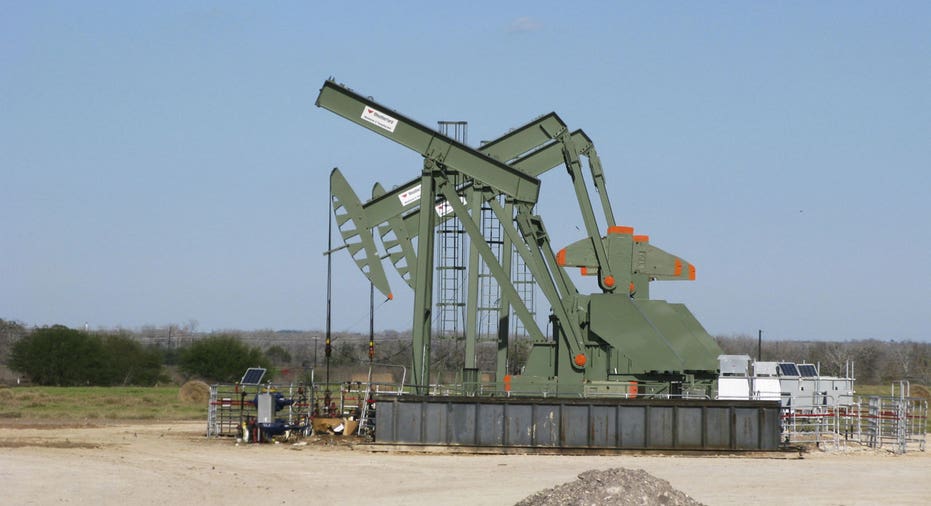Oil set for strongest January since 2013; wary of data

LONDON, Jan 31 (Reuters) - Oil prices fell for a third day on Wednesday ahead of the possible first rise in U.S. inventories in 11 weeks, but crude remained on track for its biggest gain in January in five years.
Brent crude, the global benchmark, was down 20 cents at $68.82 a barrel by 1432 GMT, above a two-week low hit earlier in the day. U.S. West Texas Intermediate (WTI) was down 14 cents at $64.36, adding to Tuesday's losses.
"The extent of the latest pullback in oil prices has taken many by surprise," PVM Oil Associates strategist Stephen Brennock said, adding it was still not clear whether the fall would prove short-lived or the start of a deeper correction.
"What is apparent is that positives are increasingly in short supply for skittish buyers and the early-year optimism is hanging by a thread," he said.
Despite Wednesday's weakness, prices are still on track for a fifth month of gains and Brent is set for its largest percentage January rise since 2013, with a 2.7 percent increase.
Higher prices, however, have encouraged U.S. producers to increase their rig count. Energy companies added 12 oil rigs last week, the biggest weekly increase since March.
"The rig count will only continue to rise and the U.S. system will only become more efficient," said Matt Stanley, a fuel broker at Freight Services International in Dubai.
"I see a correction on the horizon down towards $60 before the inevitable OPEC minister comes out and talks about new cuts," he added.
The Organization of the Petroleum Exporting Countries, along with other producers including Russia, has been waging a battle against U.S. shale producers, agreeing to take 1.8 million barrels a day off the market until the end of 2018.
U.S. Energy Department data on Wednesday is expected to show an increase in inventories for the first time in 11 weeks.
Analysts polled by Reuters forecast an average 100,000-barrel build in crude stocks.
Inventories tend to rise in January, but this year they have fallen by more than 12 million barrels, making this the largest drop in the first month of the year in 30 years.
A report from the American Petroleum Institute late on Tuesday showed U.S. crude stocks rose by 3.2 million barrels last week.
(Additional reporting by Henning Gloystein in Singapore and Aaron Sheldrick in Tokyo; Editing by Dale Hudson and Edmund Blair)



















